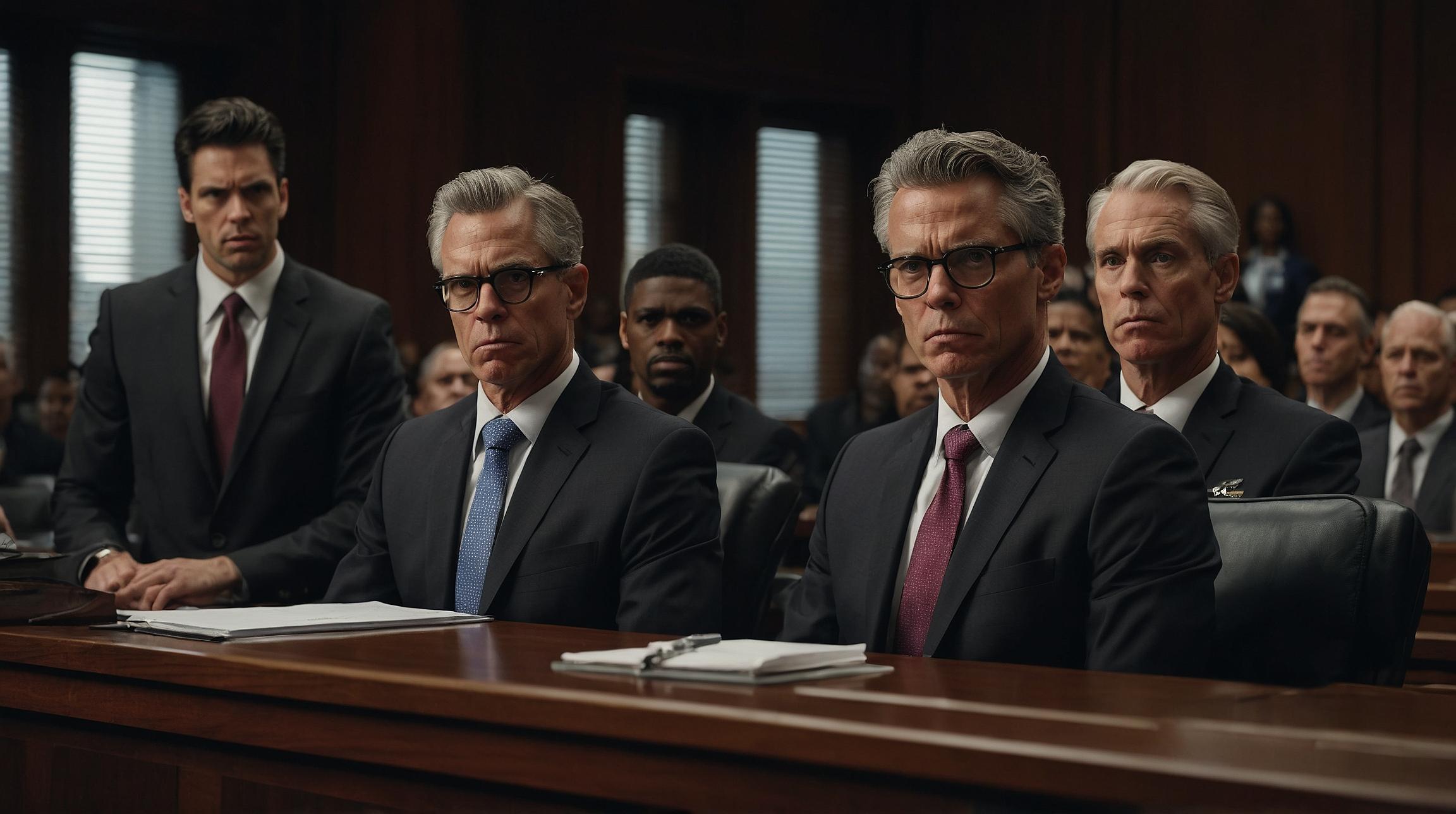U.S. Prosecutors Recommend Criminal Charges Against Boeing Over 737 MAX Crashes
U.S. prosecutors are recommending criminal charges against Boeing, the airplane manufacturer, after finding that the company violated a previous settlement related to two deadly crashes. This information comes from two people familiar with the matter, who spoke to Reuters.
Background on the Case
In 2021, Boeing had reached a settlement agreement with the Justice Department to avoid criminal charges related to two crashes in 2018 and 2019 involving their 737 MAX jet. Under this agreement, Boeing was supposed to improve its practices and report regularly to the government. They also agreed to pay $2.5 billion. An important point to note is that a settlement is a deal where one party agrees to make certain changes or payments to avoid further legal action.
Here’s an analogy: If you accidentally broke your neighbor's window and promised to fix it and pay for the damage, that’s similar to a settlement.
New Findings and Recommendations
In May, officials found that Boeing breached (did not follow) this 2021 agreement, which means they believe Boeing did not hold up their end of the bargain. Prosecutors handling the case are now suggesting that Boeing should face criminal charges. This has never been reported before.
Breach means breaking an agreement. Imagine you promised to do house chores for a month in exchange for a new toy but didn't do any of the chores. That would be a breach of your promise.
Potential Outcomes
The Justice Department has until July 7 to decide whether to move forward with prosecution. There are several potential outcomes:
- Prosecuting Boeing: This means taking legal action against the company. If convicted, Boeing could face penalties beyond just financial ones.
- Extending the Settlement: The Justice Department could choose to extend the 2021 agreement by one year or impose stricter terms.
- Installing a Third-Party Monitor: This means appointing someone to regularly check Boeing’s compliance with the rules.
- Requiring a Guilty Plea: This is when Boeing would admit wrongdoing, which could lead to additional restrictions and affect its contracts with the U.S. government.
A guilty plea is like admitting that you did something wrong at court. If Boeing admits guilt, it might face more business restrictions.
Boeing and the 737 MAX Crashes
The 737 MAX crashes in 2018 and 2019 resulted in the deaths of many people, causing significant outrage and scrutiny from prosecutors, regulators, and lawmakers. Relatives of the victims have criticized the 2021 settlement, arguing that Boeing and its executives should face more stringent prosecution.
Statements from Both Sides
Boeing has stated that it has "honored the terms" of the 2021 settlement and disagrees with the Justice Department’s findings. The company declined to comment further on these new recommendations. The Justice Department also declined to comment on the matter.
Example: Imagine if you were in a school, and you promised the principal you would not skip any classes for a week in exchange for not getting detention. If you skipped classes that week, and the principal found out, they might still punish you, which is similar to what is happening between Boeing and the Justice Department.
Impact and Next Steps
Criminal charges would create a new level of crisis for Boeing, which has already been facing intense scrutiny in the wake of the 737 MAX disasters. Last month, at a Senate hearing, Boeing’s Chief Executive Dave Calhoun apologized to the families who lost loved ones in the crashes. Recently, these families urged prosecutors to impose a significant fine, nearly $25 billion, and proceed with criminal prosecution against Boeing.
It remains to be seen what steps the Justice Department will take before the July 7 deadline.
Conclusion: This situation with Boeing is ongoing and complex, involving legal agreements, potential fines, and serious implications for the company’s future. The recommendations for criminal charges are a significant development in this ongoing saga.













